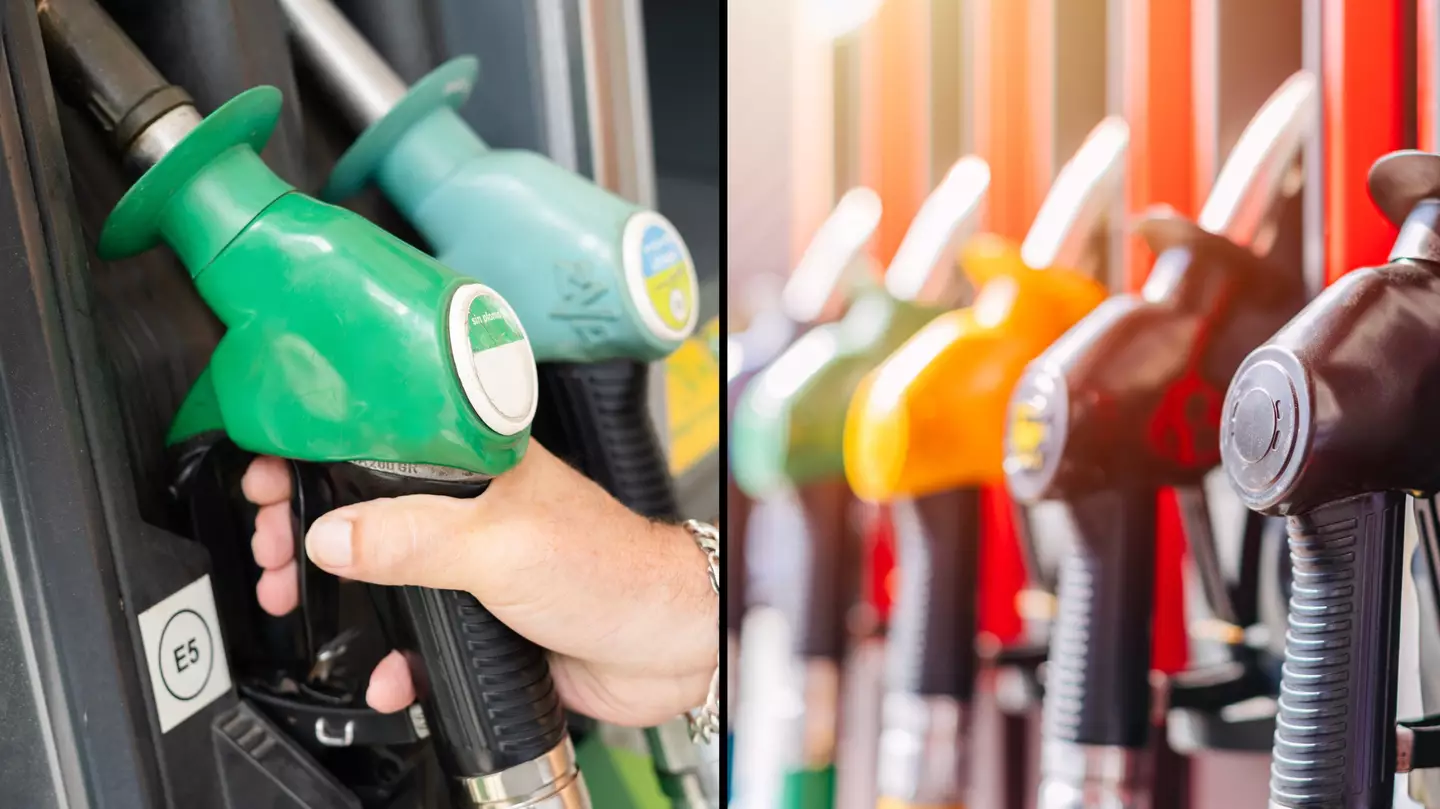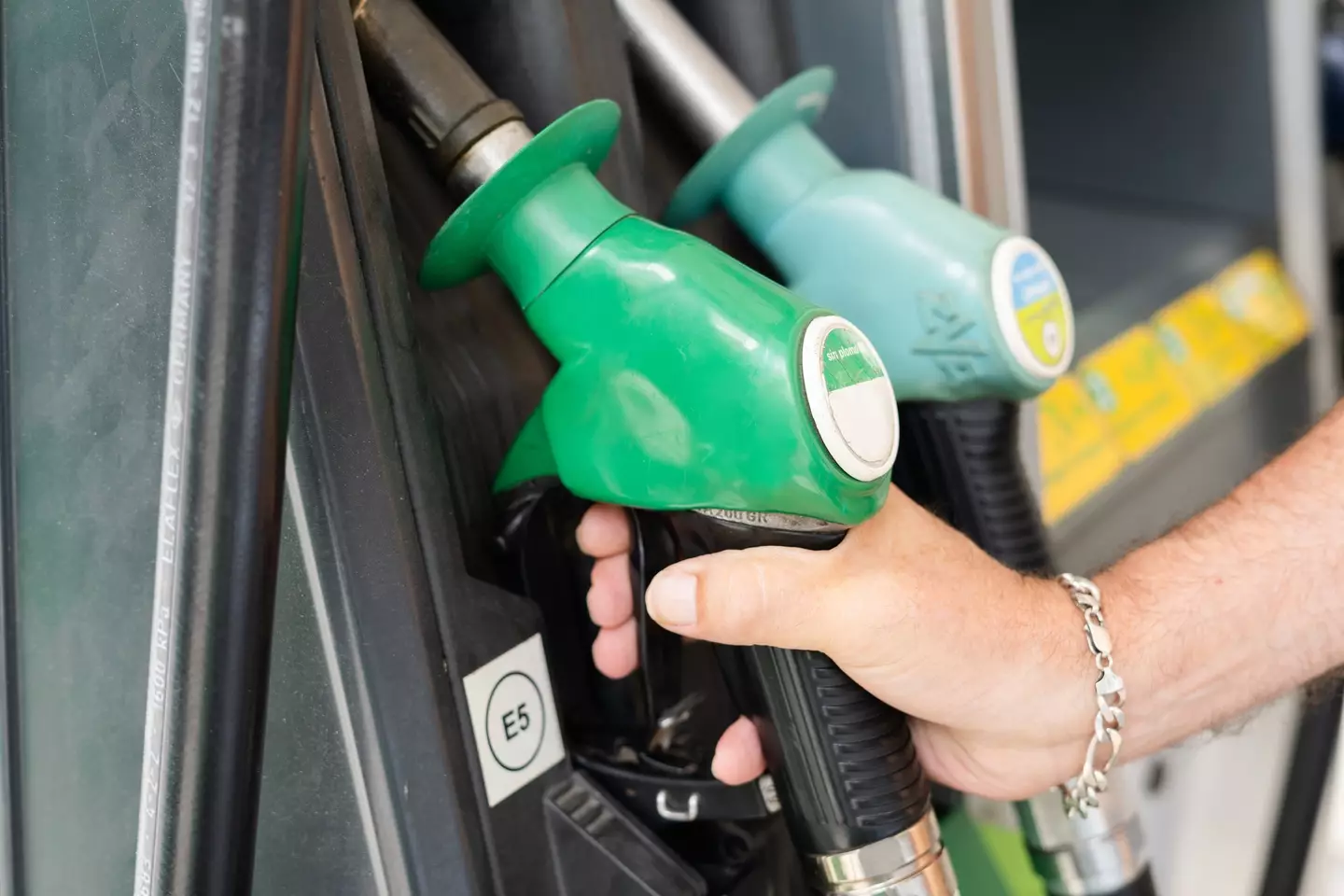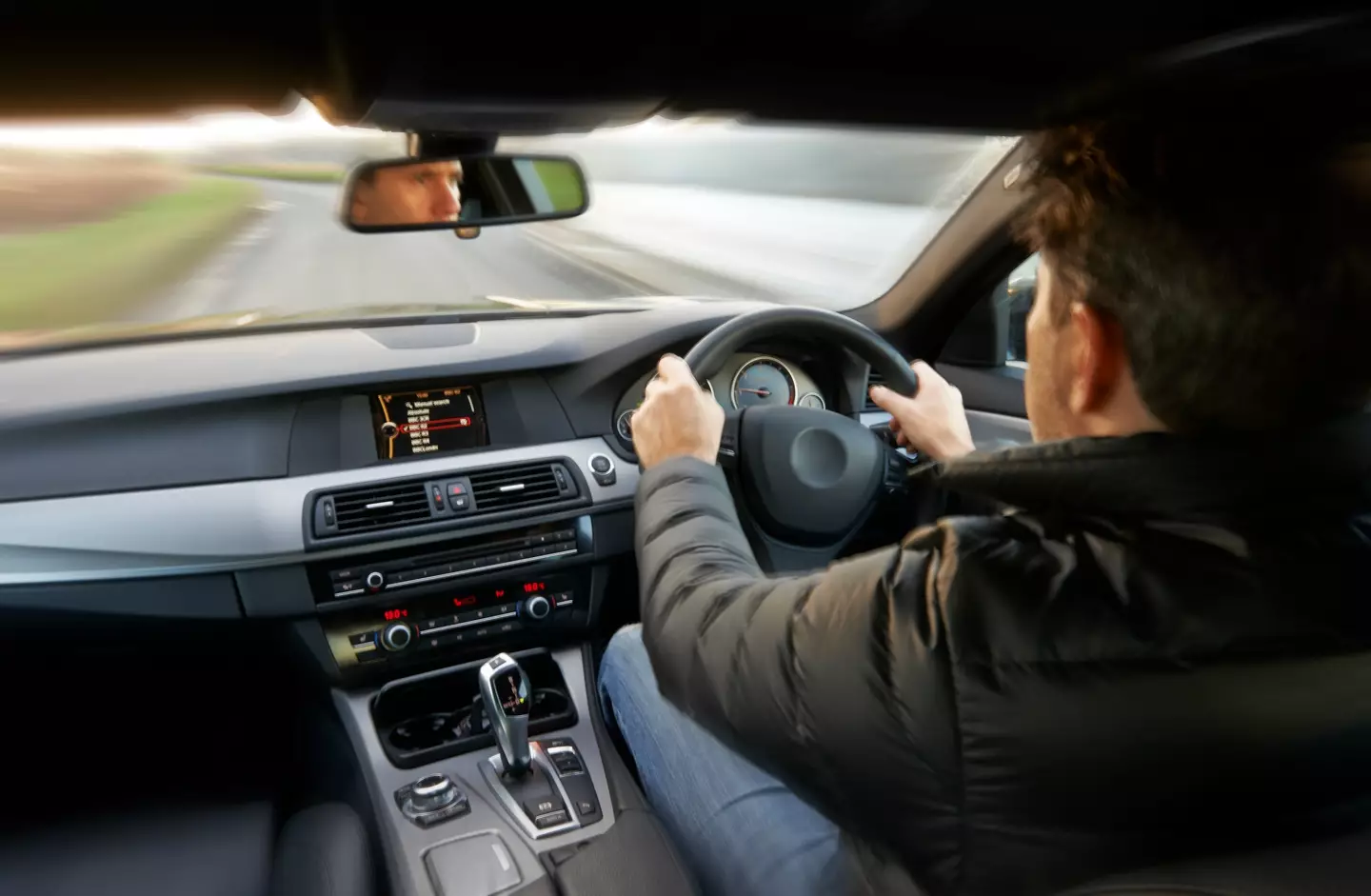
If you're the proud owner of a set of wheels, live in the UK and like to make the most of what's in your fuel tank, listen up - as an expert has warned that you could be putting yourself and others 'at risk'.
On top of that, your efforts to preserve the amount of petrol you've filled your car up with might not even be making a difference, so it's apparently both pointless and dangerous to continue using this driving technique.
According to vehicle expert Graham Conway, if you're one of the people who are coasting while on the roads in an effort to save fuel, the only thing you are coasting towards is a hefty bill from your mechanic.
The spokesperson for Select Car Leasing has warned people who believe that travelling with their clutch down or with the car in neutral boosts fuel efficiency that they should ditch the bad habit.
Why is coasting dangerous?
Conway explained that motorists who are in neutral or pressing the clutch pedal down will have 'less time to react' on the roads.
On top of this, driving your car in this way reduces your control over the steering, as the tyres become disengaged from the engine - so it's much harder to take evasive action when needs be.
Advert
Drivers will instead have to re-engage the gear to avoid hazards such as an obstacle in the road, but this could cost a precious few seconds which they might not have to spare, reducing their reaction time.

Conway told the Express: "Most of us will admit we’ve let our vehicles coast a little while moving downhill or coming to a standstill. It’s a commonly held theory that this improves fuel efficiency as the revolutions per minute (RPM) decrease.
"However, this isn’t necessarily the case and coasting while in neutral can actually put fellow motorists at risk.
"That’s because it reduces the control you have of the vehicle and means you have less time to react to a sudden danger or to take evasive action."
Does coasting damage your car?
If you regularly find yourself coasting along and reckon that it will help you save money on fuel, Conway warned that you are essentially shooting yourself in the foot, as it could cost you more in the long run.
Advert
According to Mercedes Benz, using this driving technique 'leads to the overuse of one clutch component in particular for manual cars: the throw out bearing', as it is put to use for excessive periods.
"Although small, it isn’t something to overlook because to fix a faulty throw out bearing requires the dismantling of the entire clutch mechanism," the luxury car firm explained, meaning you could face forking out hundreds for repairs.

Your brakes are also in for it too, as Mercedes warned these are the components which will 'suffer the most'.
It explained: "Coasting significantly increases the load on your brakes as it prevents the engine from performing natural braking. That, and you are likely to be going faster when coasting than you would be otherwise.
Advert
"Because more braking force is required over the same journey, it causes vehicle brake discs and pads to wear at a higher rate."
Is coasting actually more fuel efficient?
Conway says coasting doesn't even really work to save on your fuel consumption either, so you should really pack it in.
He added: "Keeping your car in gear is actually much more fuel efficient.
"That's because in most modern vehicles the engine will use the driveline rather than fuel to turn itself over, and the car’s computer will cut fuel injection."
Is coasting illegal?
While coasting itself is not illegal, you are running the risk of being slapped with hefty fines or a driving ban if you are deemed to not be in full control of the vehicle.
Advert
The consequences are a £1,000 fine and penalty points on your driving licence - so all in all, it sounds like it's best to leave the coasting alone.